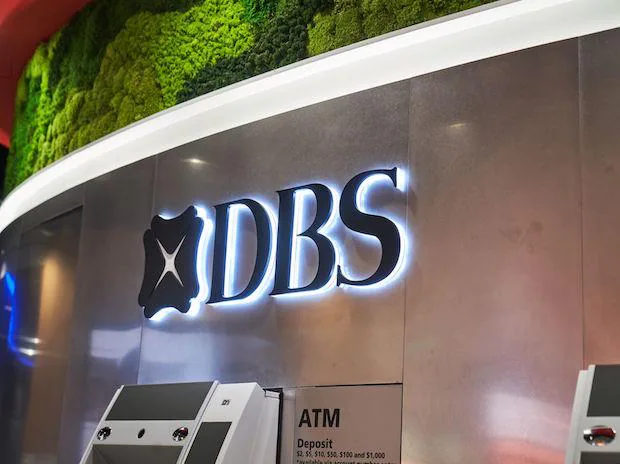[ad_1]
At least five Indian banks, including the State Bank of India and ICICI Bank, are in discussions with Singapore’s DBS Bank to start a real-time remittance system using UPI as the backbone, reported The Economic Times on Wednesday.
The banks are in discussions to start a common remittance platform with the city-state in collaboration with Singapore’s PayNow funds’ transfer service, reported ET quoting people familiar with the matter. This will make the international funds’ transfer process real-time, instead of taking more than one day.
PayNow is a fast payment system in Singapore that enables peer-to-peer funds transfer services.
Also Read:India leads the world in real-time digital payments, says PM Modi
NPCI International Payments Ltd, a subsidiary of the National Payment Corporation of India that manages UPI, is working with the Monetary Authority of Singapore on the remittance system, which is expected to be go on stream by December this year, reported ET.
The remittance system will reduce the cost of transferring money between Singapore and India as it will offer seamless currency convertibility, reported ET quoting its sources.
Apart from SBI and ICICI Bank, Axis Bank, state-owned Indian Bank and Indian Overseas Bank are included in the ongoing talks with DBS Bank.
“DBS Bank, Singapore, is the settlement bank (for the foreign outward remittance leg),” a spokesperson for the bank told ET, while confirming the talks.
The proposed platform will make the process a real-time transfer that will “subject to funding availability and no screening hits”, according to DBS Bank.
The move to start the remittance system with Singapore comes when the UPI has started gain ground in India. In August, transactions worth Rs 10.73 trillion were processed through UPI.
The Reserve Bank of India, which is supervising the operational process, last year in September had said, “The UPI-PayNow linkage is a significant milestone in the development of infrastructure for cross-border payments between India and Singapore, and closely aligns with the G20’s financial inclusion priorities of driving faster, cheaper and more transparent cross-border payments.”
[ad_2]
Source link



